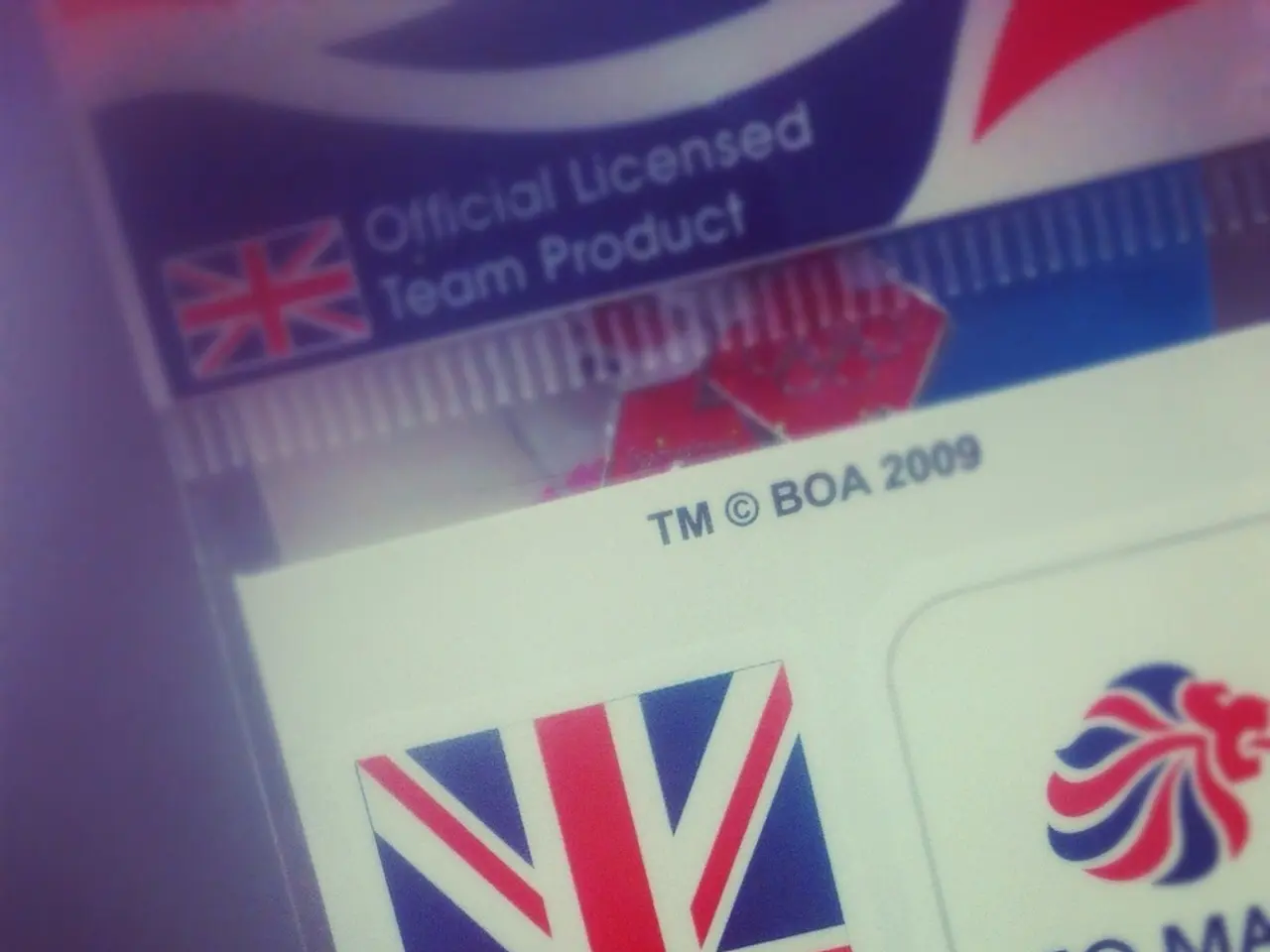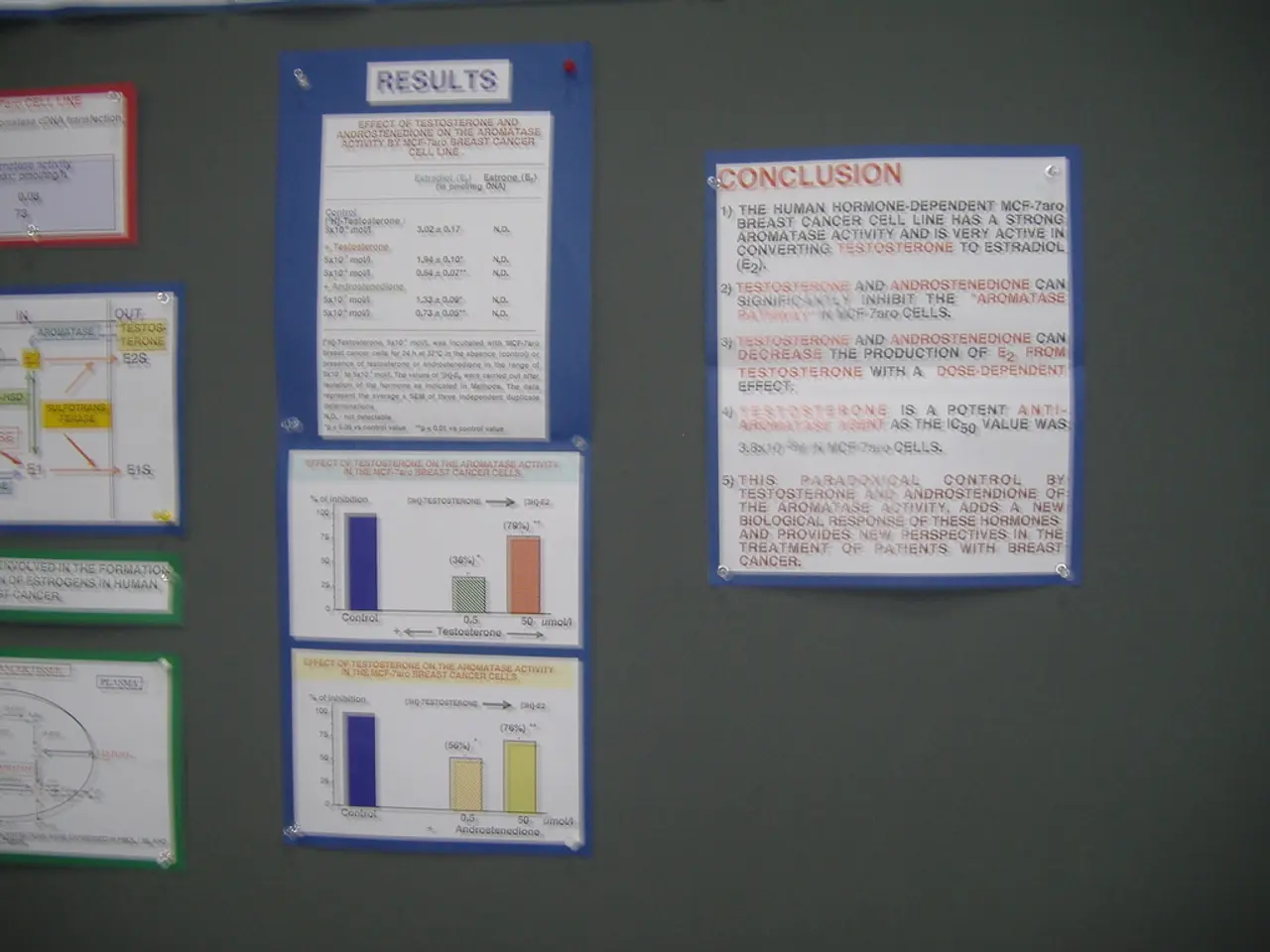Surveillance Act Directive Over Foreign Intelligence Matters
In the realm of U.S. intelligence, the Foreign Intelligence Surveillance Act (FISA) plays a crucial role in the collection and handling of certain types of information. One such category of information, marked as CUI//SP-FISA, is subject to specific safeguarding and dissemination authorities outlined in various FISA sections.
These authorities, which include sections 1806(a), 1845, and 1825(c), govern the handling of classified materials related to judiciary review of surveillance activities, targeting procedures, and foreign intelligence investigations within the United States.
The source documents for these CUI//SP-FISA categories, such as surveillance applications, court orders, and minimization procedures, are typically held and controlled by U.S. government agencies like the Department of Justice (DOJ), the Foreign Intelligence Surveillance Court (FISC), and archived at the National Archives or components of the intelligence community.
Under Controlled Unclassified Information (CUI) protections with Special Access Program (SAP) markings, these documents are safeguarded to ensure the confidentiality of classified methods and sources.
Access to these documents is restricted, and requests usually require high-level security clearances. Declassified or redacted versions of some FISA-related documents have been released, but they are limited, and full source documents remain classified due to national security constraints.
The National Archives and Records Administration (NARA) holds permanent records from the DOJ and intelligence agencies, including certain FISA-related materials, though access is restricted to authorized personnel or through special FOIA requests with possible heavy redactions.
Oversight bodies such as the Congressional Intelligence Committees or the Privacy and Civil Liberties Oversight Board (PCLOB) receive and review classified FISA documents but do not publish full source documents publicly. Public releases may be found in legal cases challenging FISA orders, but these are typically heavily redacted opinions or summaries.
In summary, the source CUI//SP-FISA documents under FISA §§1806(a), 1845, and 1825(c) are controlled classified materials, primarily archived within U.S. government agencies and NARA. Requests for access usually require high-level security clearances and are governed by strict handling and dissemination rules under CUI protections. There are no publicly accessible centralized database or repository that provides the full source CUI//SP-FISA documents due to national security constraints.
Finance and industry intersect in the handling of classified materials related to Foreign Intelligence Surveillance Act (FISA) documents, as these documents may involve financial institutions as part of surveillance activities or investigations. The U.S. government agencies handling such documents often include the Department of Justice (DOJ), which may have ties to finance sector regulations.




